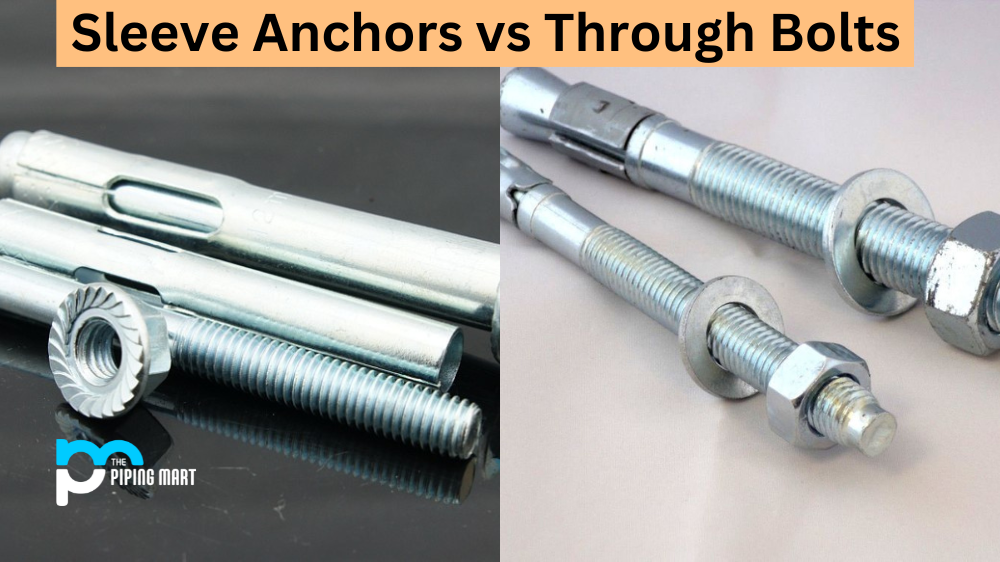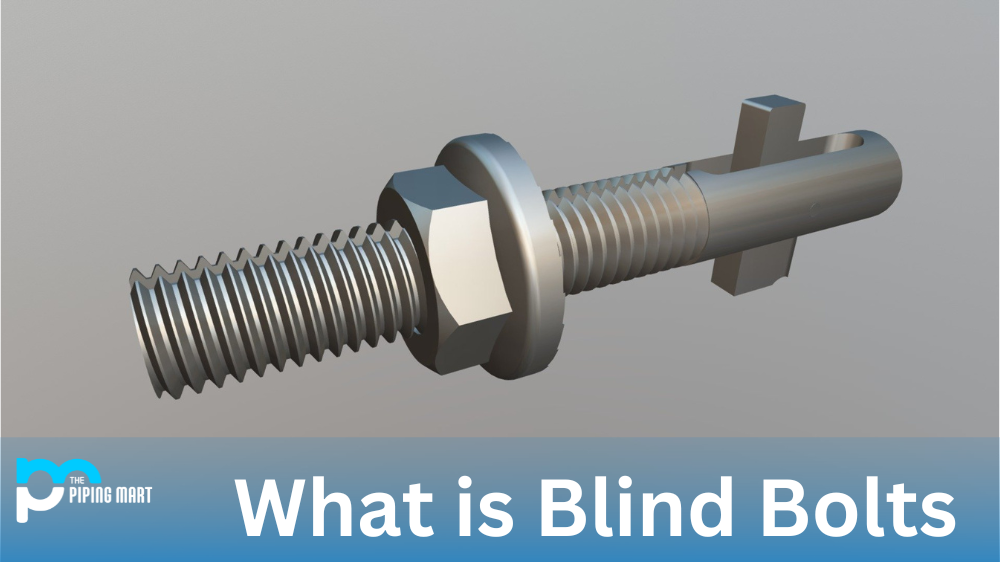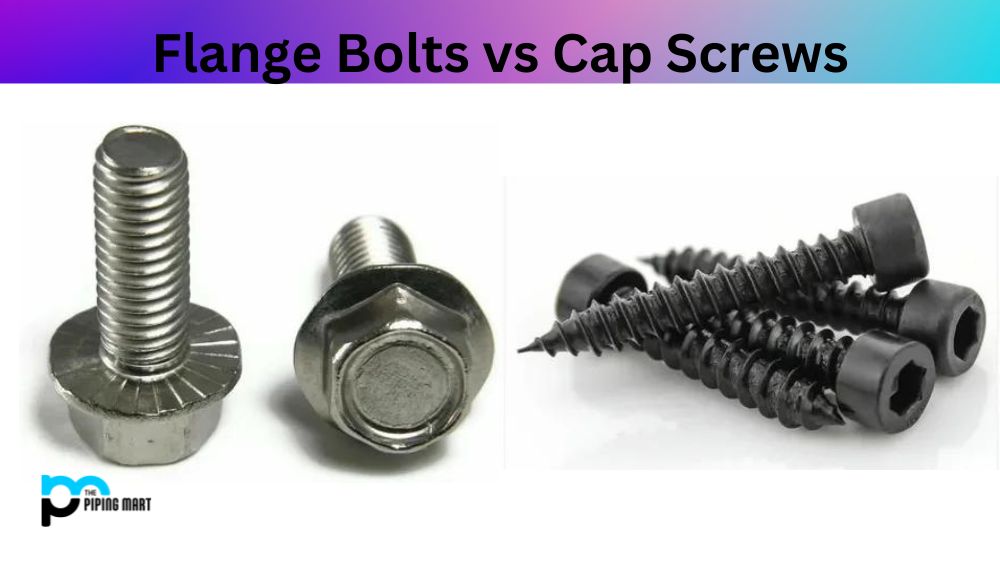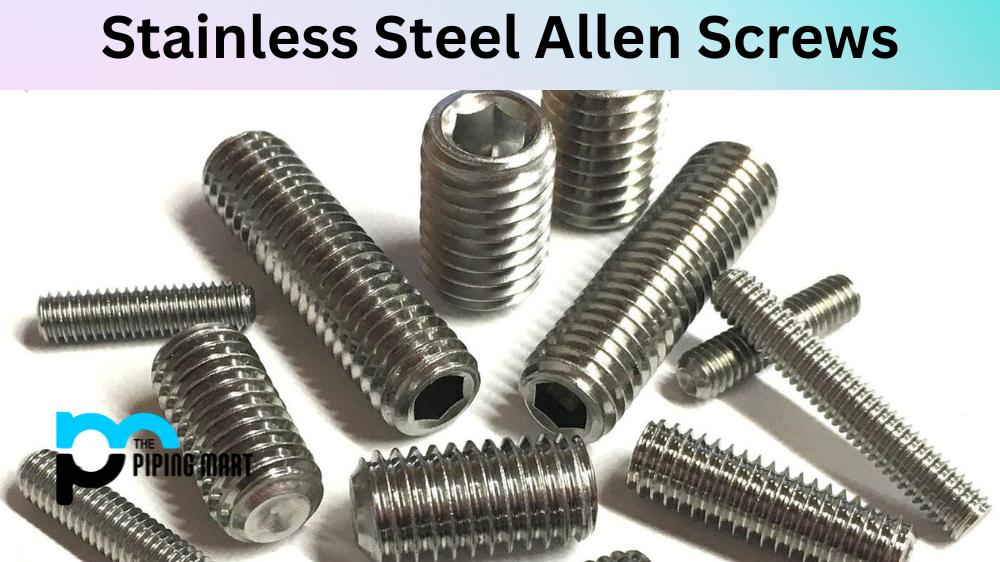When it comes to securing objects to a wall or masonry surface, sleeve anchors and through bolts are two of the most common methods used. But what’s the difference between them? Both have their own unique advantages and disadvantages, but understanding which one works best for your specific needs is essential. In this article, we’ll explain the differences between sleeve anchors and through bolts so you can make an informed decision when selecting the right fastener.
Sleeve Anchor
Sleeve anchors are a type of fastening system that consists of a metal sleeve with an expanding cone at one end. The cone is driven into the hole by a hammer or impact tool and expands as it moves down into the hole. This expansion creates friction against the walls of the hole, allowing it to grip tightly in place. The other end of the sleeve anchor has a threaded section that allows it to be secured with a nut or bolt. This makes them ideal for applications where there isn’t enough space behind the wall or masonry surface for a conventional bolt or screw. Additionally, they can also be used in concrete, brick, stone, wood and other materials depending on their size and design.
Through Bolt
Through bolts are similar to sleeve anchors in that they consist of a metal shaft with threads at both ends. However, unlike sleeve anchors, which expand as they move down into the hole, bolts remain rigid throughout the installation. They are inserted directly into pre-drilled holes in walls or masonry surfaces and then secured with nuts on both sides of the wall or surface being secured. Through bolts are usually stronger than sleeve anchors since they don’t rely on friction alone for their grip strength; however, they do require more space behind the wall or masonry surface for installation since two nuts will need to fit behind it for securement purposes.
Difference Between Sleeve Anchor and Through Bolt
Advantages of Sleeve Anchor
One advantage of sleeve anchors is that they can be used in both solid and hollow materials. Additionally, sleeve anchors do not require access to both sides of the material, as the expansion collar can be expanded from one side only. Additionally, sleeve anchors have a higher load-bearing capacity than through bolts.
Advantages of Through Bolt
One advantage of through bolts is that they can be used in both solid and hollow materials. Additionally, bolts are less likely to loosen over time than sleeve anchors. Additionally, through bolts have a higher shear strength than sleeve anchors, which makes them ideal for applications where high loads are expected.
Disadvantages of Sleeve Anchor
One disadvantage of sleeve anchors is that they require a larger diameter hole than through bolts. Additionally, sleeve anchors are not as strong as through bolts in tension applications. Finally, sleeve anchors are more likely to loosen over time than through bolts.
Disadvantages of Through Bolt
One disadvantage of through bolts is that they require access to both sides of the material in order to be installed correctly. Additionally, through bolts are not as strong as sleeve anchors in shear applications. Finally, bolts are more likely to loosen over time than sleeve anchors.
Conclusion:
Sleeve anchors and through bolts are both effective fastening systems for securing objects to walls or masonry surfaces; however, each has its own unique advantages and disadvantages, depending on your application needs. Sleeve anchors provide excellent grip strength without requiring additional space behind them while also being easy to install; however, they may not be suitable in situations where extreme forces are expected due to their reliance on friction alone for grip strength. On the other hand, through bolts provide greater grip strength due to their rigid nature but require more space behind them than sleeve anchors do during installation. Ultimately, understanding which type of fastener works best for your specific application can help ensure that your project is completed successfully without any delays or issues down the line.
Meet Heer, a dynamic and driven writer learning tricks of her trade in the metal industry. With a background in Digital Marketing, Heer brings a unique perspective to her writing, sharing valuable insights. Apart from blogging she like reading and hiking.




